In the first 6 months of 2025, the Central Executive Committee, the Politburo , and the Secretariat issued more than 100 important documents on Party building and preventing and combating corruption, waste, and negativity. The National Assembly passed dozens of laws and resolutions; the Government issued more than 300 resolutions, decrees, and directives... to institutionalize the Party's policies and viewpoints.
The prosecution agencies have initiated 1,776 new cases, with 4,038 defendants on corruption, economic and position crimes. These figures show the uncompromising determination of the Party and State in the fight against "internal invaders".
Practice shows that where leaders are not exemplary, lax in management or take responsibility lightly, corruption and negativity easily arise. Therefore, emphasizing the role of setting an example and the responsibility of leaders is an important step forward, contributing to shifting the focus from "fighting" to "prevention", proactively identifying and warning of violations early, from afar and promptly handling them, not allowing small violations to accumulate into major violations as directed by Comrade To Lam , General Secretary, Head of the Central Steering Committee on preventing and combating corruption, waste and negativity at the Steering Committee meeting on July 7.
Continuing to legalize the above content, the draft Law amending and supplementing a number of articles of the Law on Anti-Corruption (expected to be submitted to the National Assembly at the upcoming 10th session) adds a provision: the head of any agency, organization or unit that allows corruption to occur within the scope of management without proactively detecting and handling it will be considered for joint responsibility. This provision tightens responsibility, puts an end to the passive state of waiting for subordinates to report; creates an important shift for anti-corruption work to bring higher efficiency.
When the responsibility of the leader is placed in the right position, the leader will promote his role and proactively detect and handle corruption within the scope of management so as not to be considered for joint responsibility. Especially, in the context of implementing the 2-level local government model, tightening the responsibility of the leader is even more important. The grassroots level (wards, communes, special zones) is now decentralized and delegated more power in land management, investment, public services and areas closely related to people's lives and business activities.
Power comes with the risk of corruption and negativity, especially at the “front line” close to the people and businesses. If the leaders at the grassroots level are truly exemplary and fulfill their assigned responsibilities, including the task of controlling power and preventing corruption, that will be an important “shield” to prevent corruption from the root.
When leaders truly set an example and take full responsibility, when superiors are honest, it is difficult for subordinates to be corrupt. Leaders who lack exemplary behavior and take responsibility lightly will find it difficult to build a clean and strong apparatus. Setting an example does not stop at words, but must be demonstrated in actions, through transparency in asset declaration, in handling daily work and in dealing with people.
The responsibility of the leader must be linked to the capacity of the organization to implement, with a transparent accountability mechanism and clear supervision. Only when the responsibility is quantified by specific indicators, such as the number of cases detected through self-inspection, processing time, rate of remediation, etc., can the reality be properly assessed.
Tightening the responsibility of leaders in anti-corruption work needs to be institutionalized by specific legal regulations. It is also a political requirement, a commitment to public ethics, ensuring that power is strictly controlled and used for the common good.
The greater the power, the greater the responsibility, and when fulfilling that responsibility, the people's trust is strengthened. When the leader truly takes responsibility to the end, it is believed that the work of anti-corruption will create substantial changes, contributing to building a clean and strong apparatus, strengthening the people's trust and creating a foundation for sustainable development.
Source: https://www.sggp.org.vn/phong-chong-tham-nhung-va-trach-nhiem-nguoi-dung-dau-post813656.html







![[Photo] Da Nang: Hundreds of people join hands to clean up a vital tourist route after storm No. 13](https://vphoto.vietnam.vn/thumb/1200x675/vietnam/resource/IMAGE/2025/11/07/1762491638903_image-3-1353-jpg.webp)
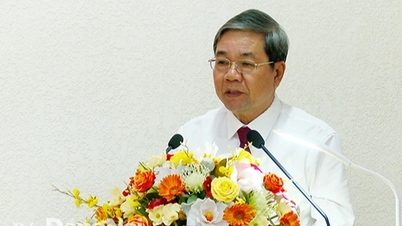





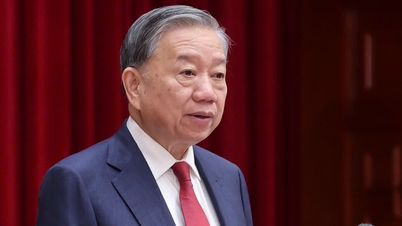

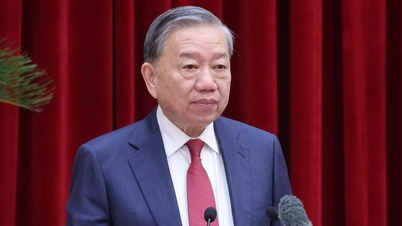
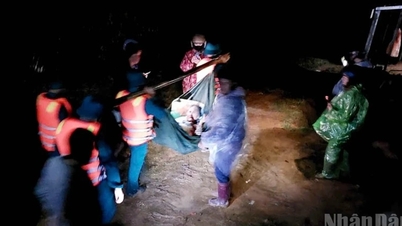






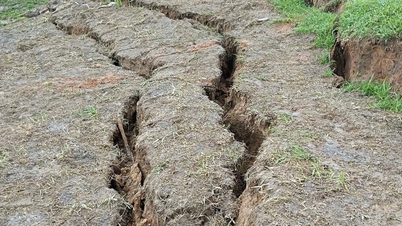







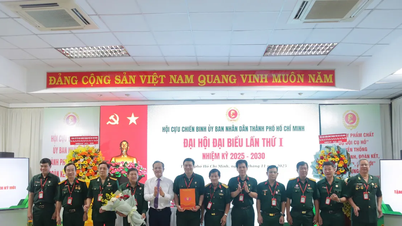



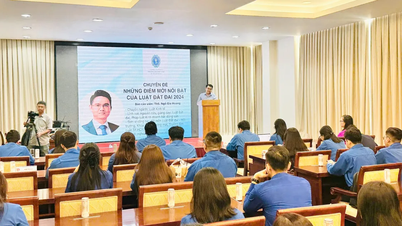



















































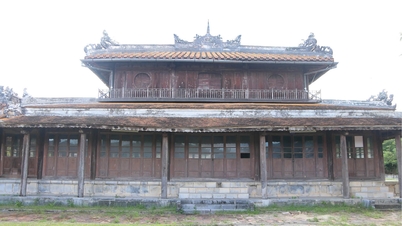



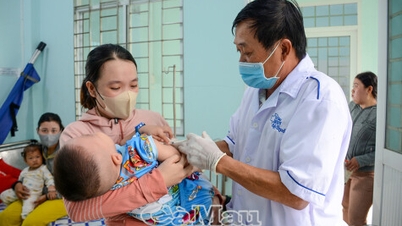

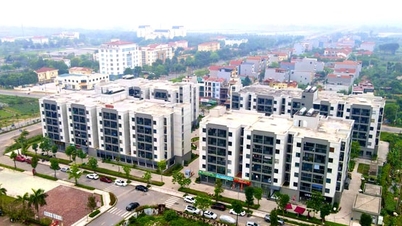
















Comment (0)